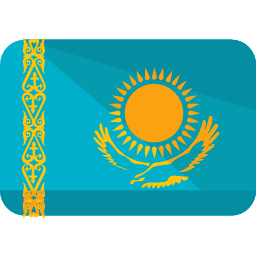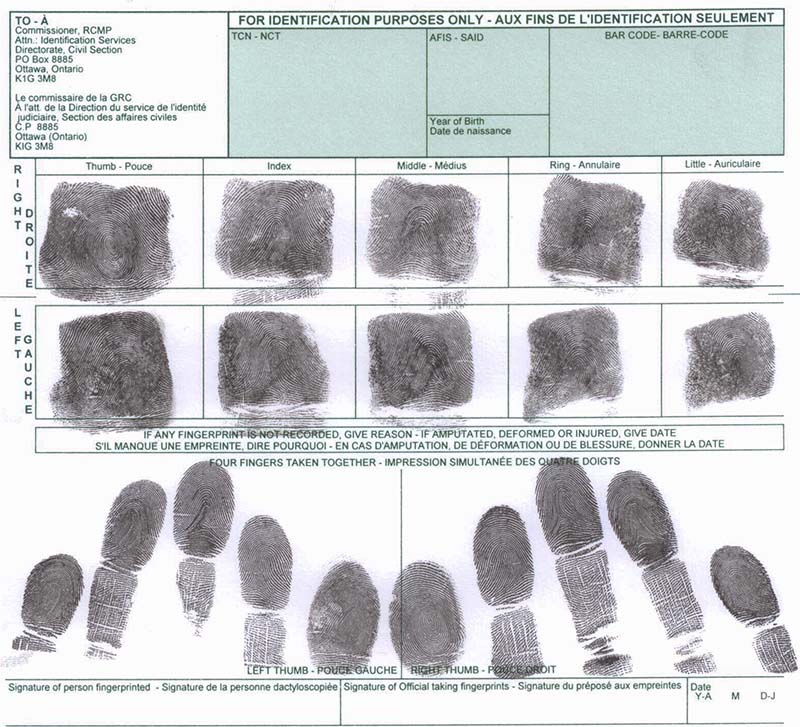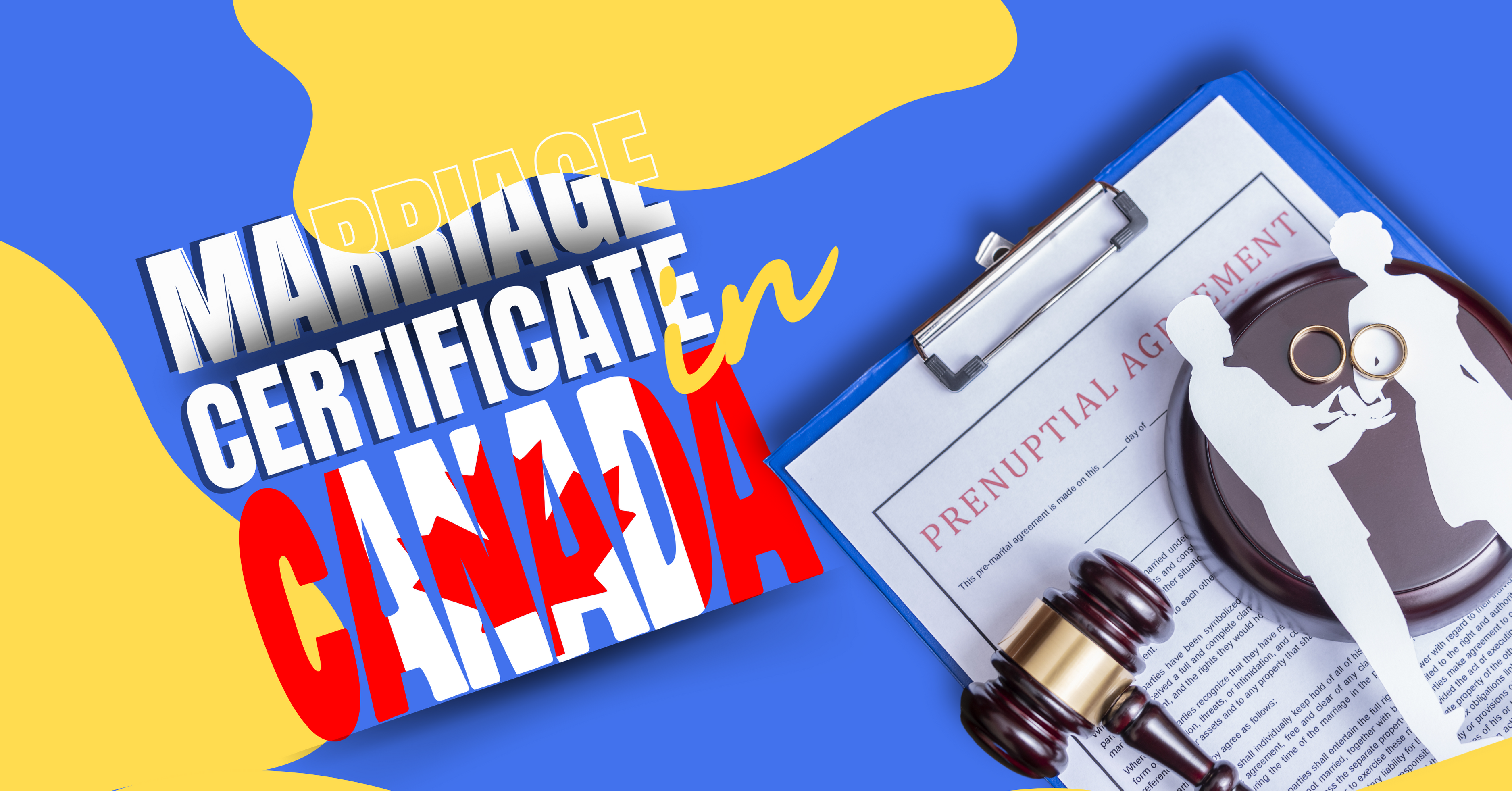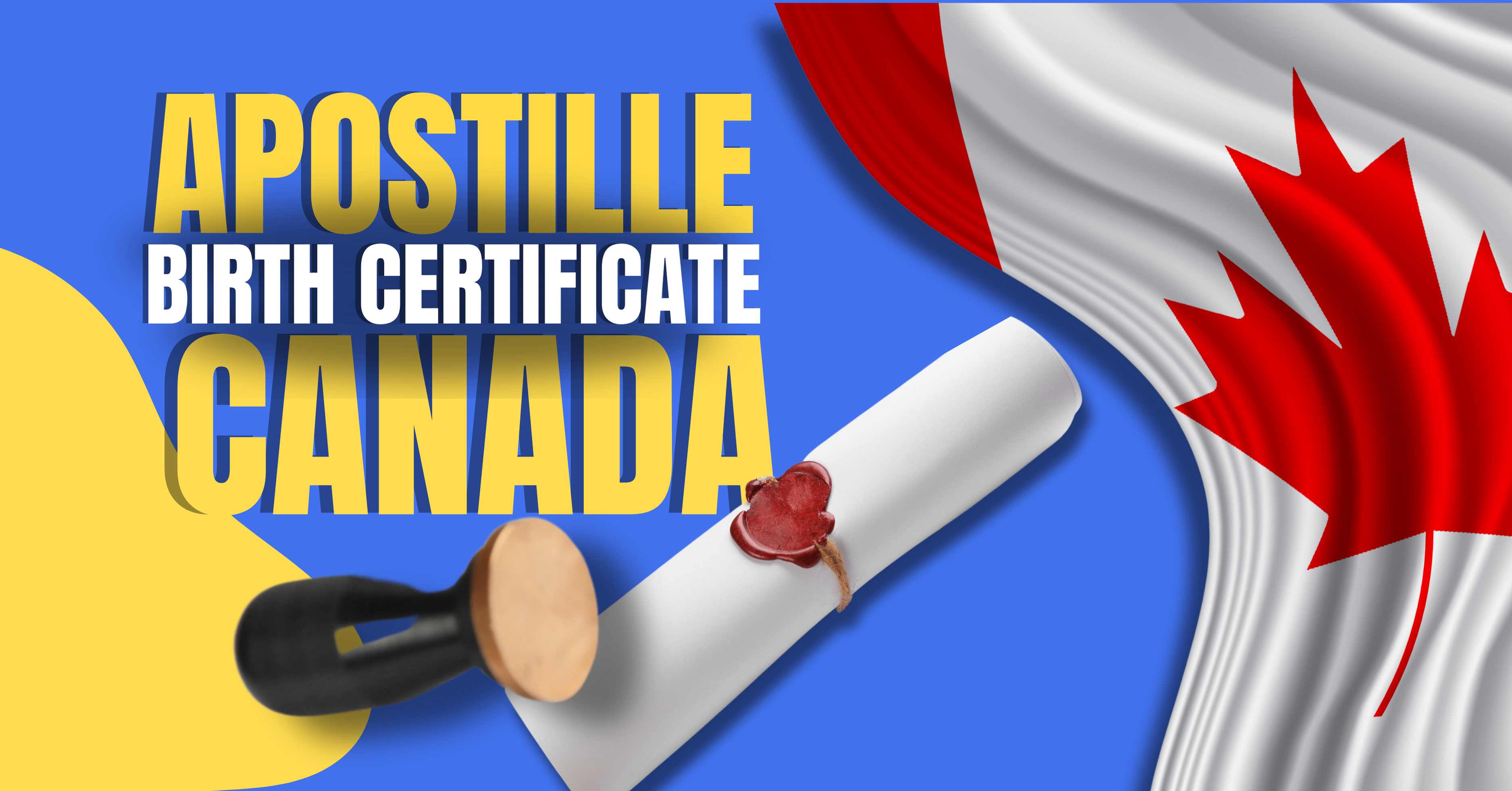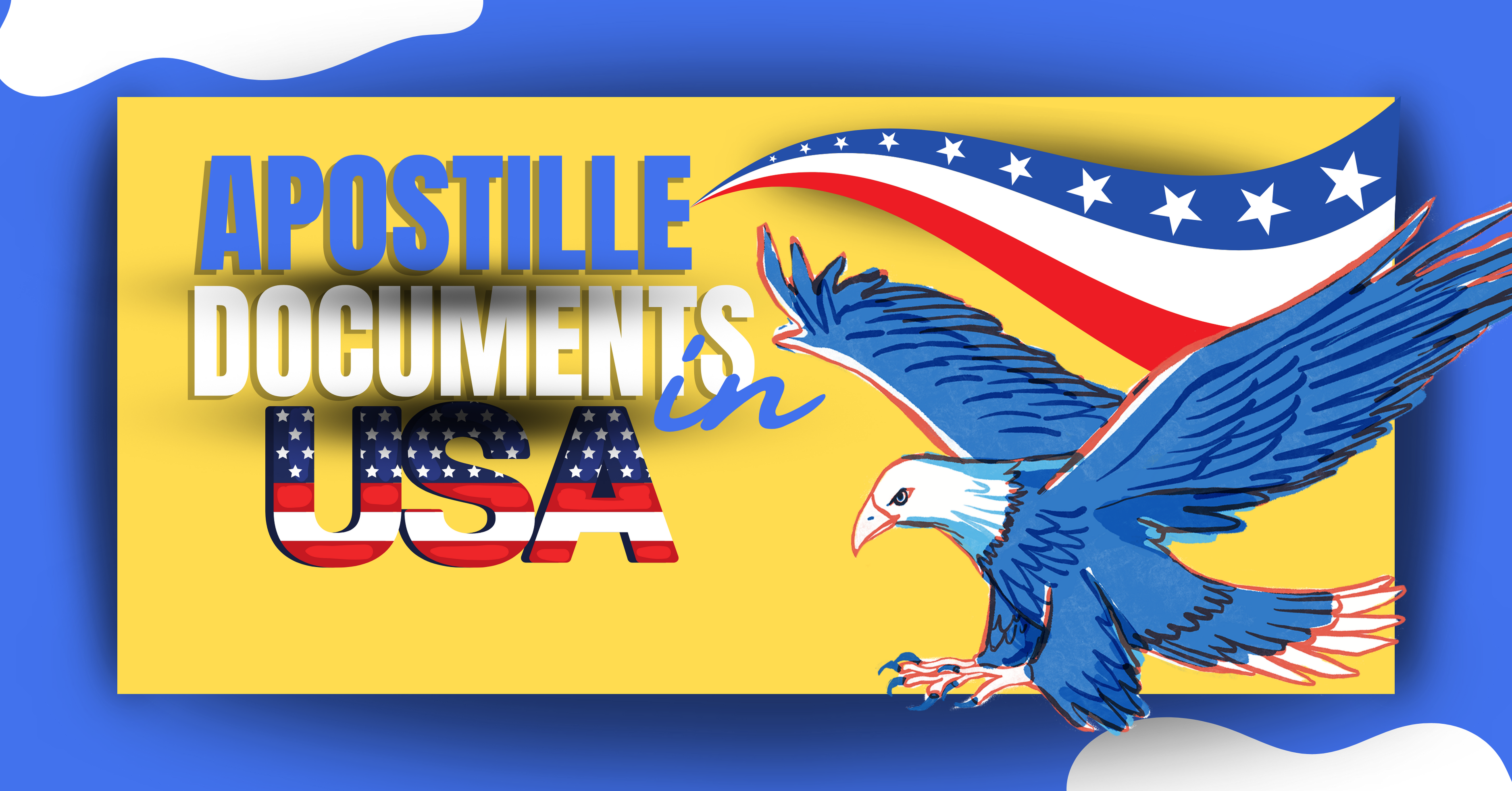An RCMP (Royal Canadian Mounted Police) background check is a crucial document that certifies an individual’s criminal record status in Canada. When navigating international processes, such as immigration, employment, or education, this document often requires an apostille to verify its authenticity. In this comprehensive guide, we will delve into the significance of obtaining an apostille for an RCMP background check, the steps involved, and its role in streamlining international transactions.
Introduction
An apostille is an official certification attached to a document to verify its authenticity for international use. In the context of an RCMP background check, an apostille assures foreign authorities that the document is genuine and has legal validity.
Understanding the Need for Apostille
When individuals need to present their RCMP background check in a foreign country, the document must be recognized as valid by that country’s government. The apostille serves as a universal mark of authenticity, simplifying the acceptance process.
The Process of Obtaining an Apostille for RCMP Background Check
Acquiring the Background Check
Individuals must first obtain their RCMP background check from the appropriate Canadian authorities, usually the Royal Canadian Mounted Police.
Contacting the Appropriate Authorities
Once the RCMP background check is obtained, individuals need to identify the relevant government office responsible for issuing apostilles in their province or territory.
Submitting the Document for Apostille
Applicants must submit the background check to the designated government office along with any required fees and application forms. The office will then affix the apostille to the document.
Benefits
International Recognition
Apostilles are recognized by over 100 countries that are parties to the Hague Apostille Convention. This recognition streamlines the acceptance of documents in these countries.
Simplified Legalization Procedures
With an apostille, individuals can bypass lengthy and complex legalization processes, saving time and effort when using the RCMP background check abroad.
Time and Cost Efficiency
Obtaining an apostille reduces the need for multiple layers of authentication, which can be time-consuming and costly. This efficient process expedites document use overseas.
Navigating Challenges: Tips for Successful Apostille Process
Document Accuracy and Completeness
Ensure the RCMP background check is accurate, up-to-date, and complete before submitting it for apostille. Any discrepancies may cause delays or rejections.
Timely Submission
Submit the document for apostille well in advance of its intended use, as processing times can vary. Planning ahead prevents last-minute complications.
The Role of Apostille in Document Authentication
An apostille serves as an internationally recognized seal of authenticity, validating the origin of the background check and confirming its legal status.
Conclusion: Empowering Global Mobility
Obtaining an apostille for an RCMP background check is a crucial step in ensuring the smooth execution of international endeavors. With this certified document, individuals can confidently pursue opportunities abroad, knowing their credentials are recognized and trusted.
FAQs
Q1: Can I get an apostille for any type of document?
A: Apostilles are typically issued for public documents, such as birth certificates, marriage certificates, and legal documents like background checks.
Q2: How long does it take to obtain an apostille for an RCMP background check?
A: Processing times vary depending on the government office and the volume of requests. It’s advisable to inquire about processing times in advance.
Q3: Can I obtain an apostille for documents from any country?
A: Apostilles are only applicable to countries that are parties to the Hague Apostille Convention. Check whether the country you’re dealing with is part of this convention.
Q4: Can I obtain an apostille for documents that are not in English?
A: In most cases, documents not in English must be accompanied by a certified translation before obtaining an apostille.
Q5: Can I get an apostille for documents if I am not in Canada?
A: Yes, you can appoint a representative in Canada to assist with the apostille process on your behalf.





















